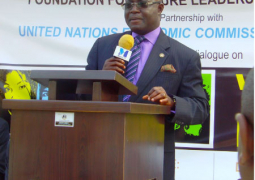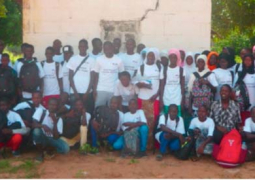ActionAid has been chosen to be part of a new expert group that can be called on to mobilise instantly and help save lives when an international disaster strikes.
Picked by the British Government to be part of the
Bijay Kumar, head of International Emergencies & Crises for ActionAid said: “ActionAid has a strong presence in some of the poorest countries in the world – which can be particularly vulnerable to disasters - so we are well placed to make a real difference, as soon as an emergency hits”.
“This support from DfID will help us reach more people, more quickly, saving lives and reducing suffering. As well as meeting the material needs of people affected by disasters, we prioritise their emotional well-being, and support communities to become less vulnerable to future crises.”
ActionAid is one of an initial 32 organisations that specialise in disaster response, which have been asked by the UK Government to join the new network.
In the event of an international emergency, the Rapid Response Fund will enable the best organisations with experience in disaster response to access funding within hours, so that affected people can be reached faster and more lives are saved. Members of the network will be approached within two hours of a major incident, and be expected to take immediate action.
Andrew Mitchell, Secretary of State for International Development, said: “Clearly we need our best experts, equipment and aid on the scene as quickly as possible after a disaster, not tied up in red tape. ActionAid needs to be able to do its job in that vital window of 72 hours, to save as many lives as possible.”
ActionAid responds to disasters in all the countries in which it works; saving lives and protecting rights and focusing on the poorest and most excluded groups.
Read Other Articles In Article (Archive)



